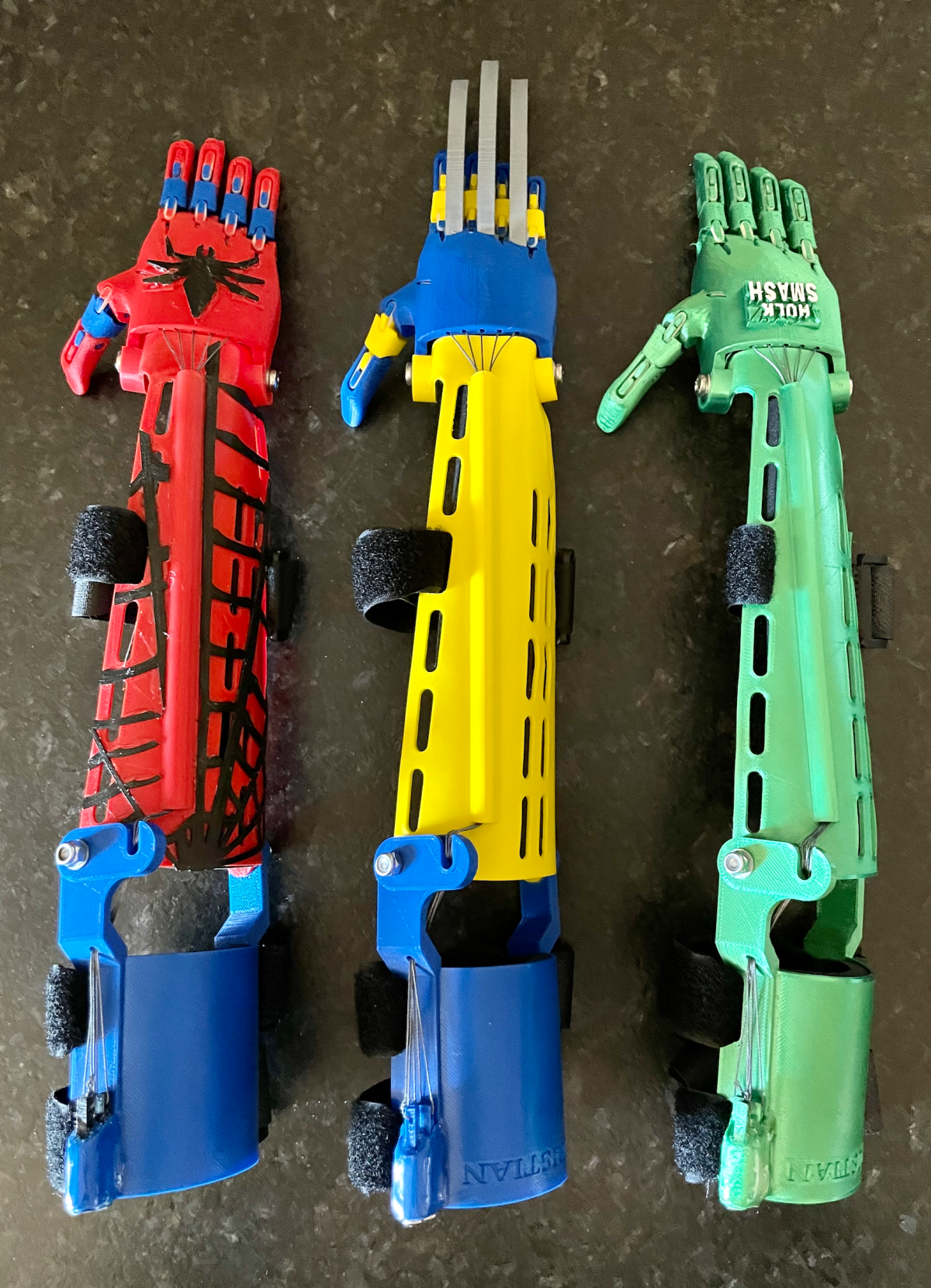
Grades:
6th Grade, 7th Grade, 8th Grade, 9th Grade, 10th Grade, 11th Grade, 12th Grade
Be a part of the humanitarian effort and teach students how to create a fully functioning 3D printed prosthetic arm for a client in need. This lesson walks you through the process in a slideshow

Grades:
4th Grade, 5th Grade, 6th Grade, 7th Grade, 8th Grade, 9th Grade, 10th Grade, 11th Grade, 12th Grade
The Micro:bit prototyping academy is designed to teach students the basic commands and features in order to innovate their own device. They will learn the input commands, variables and conditional

Grades:
6th Grade, 7th Grade, 8th Grade, 9th Grade, 10th Grade, 11th Grade, 12th Grade
Are your students fans of Formula 1? If they are or aren't this lesson will take a look into the dominance of Red Bull Racing in Formula 1. Why is Red Bull so dominant? Is it the driver or the
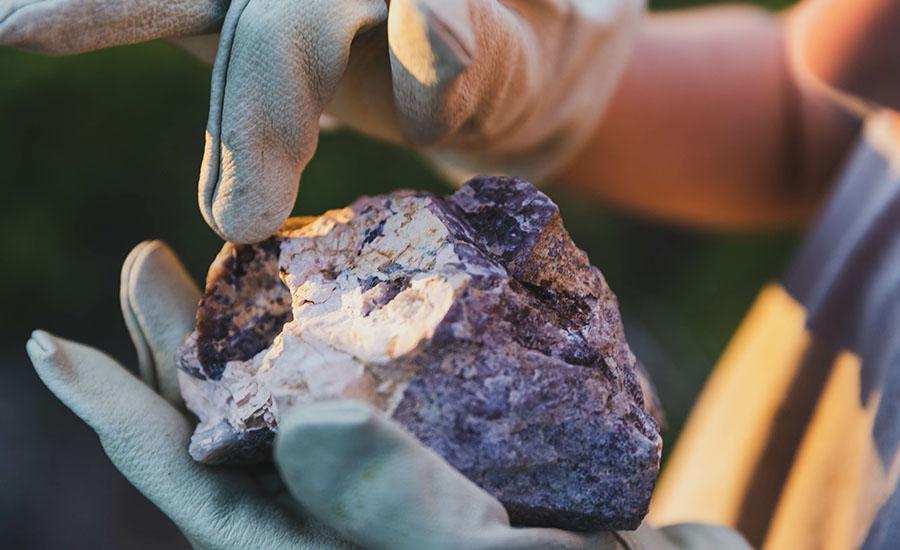
Grades:
3rd Grade, 4th Grade, 5th Grade, 6th Grade, 7th Grade, 8th Grade, 9th Grade
An overall view of mining, minerals, and their role in our everyday life. This lesson compares the past, present and future of mining and it's relativity to sustaining our way of life.

Grades:
5th Grade, 6th Grade, 7th Grade, 8th Grade
Students will use Circuit Playground Express and create a DIY Burglar Alarm

Grades:
5th Grade
This 5th grade lesson incorporates Mad Lib, micro:bits and learning how to code on Makecode.org. This lesson is teacher directed to walk students to add variables and text value. Students will use

Grades:
8th Grade
The lesson looks at three driving questions: Is there an association between human height and wingspan? How can analyze a set of data to determine associations between these two variables? How can we

Grades:
Kindergarten, 1st Grade, 2nd Grade, 3rd Grade, 4th Grade, 5th Grade, 6th Grade, 7th Grade, 8th Grade
Most students are likely familiar with popular films like Happy Feet, Surf’s Up, Penguins of Madagascar, and classic books like Mr. Popper's Penguins. Capitalizing on this familiarity with penguins

Grades:
4th Grade
Students will understand the physics of forces: friction, pulls and pushes by using STEM concepts. This could be an end unit for students to develop and create a culminating STEM project. There are 3

Grades:
9th Grade, 10th Grade, 11th Grade
This lesson is designed to uderstand the stages of mitosis by integrating Virtual Reality (VR) in the classroom. The students will be able to identify and describe the key events in each stage of

Grades:
4th Grade, 5th Grade, 6th Grade, 7th Grade, 8th Grade
Lesson "Phoenix Reimagined: From Sun City to Solar City" ensures that students engage in age-appropriate, hands-on learning experiences that promote understanding of solar energy and its applications

Grades:
7th Grade, 8th Grade, 9th Grade, 10th Grade, 11th Grade, 12th Grade
This lesson is a whole unit on energy. It can be broken up into 10 separate lessons. I chose to put them all together so that it was easier to see how I organized them so you did not have to search
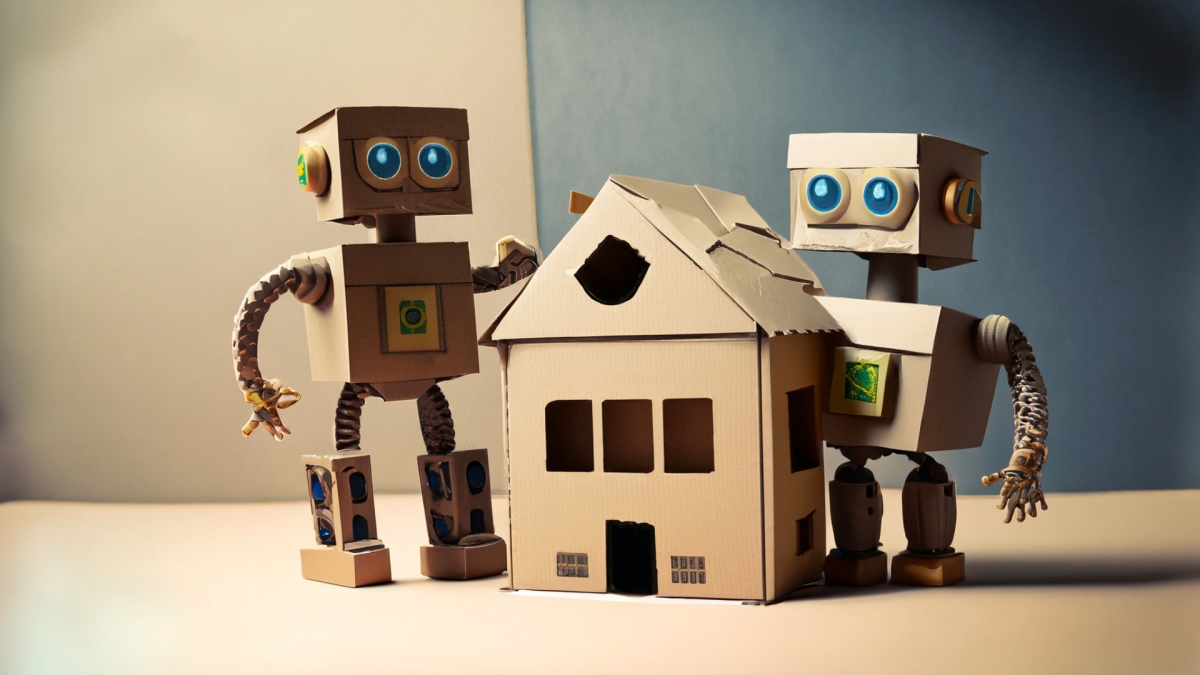
Grades:
5th Grade
In Part 2, after students have created the blueprint, the floor plan and the budget, they will then create the blueprint using the Tinkercad application. Students must make a house following the

Grades:
6th Grade, 7th Grade, 8th Grade, 9th Grade, 10th Grade, 11th Grade, 12th Grade
Students will pick an issue that they think exists in the world and propose a solution via a presentation. This will model a TedTalk.

Grades:
10th Grade, 11th Grade, 12th Grade
In this lesson, students build a circuit and program the Arduino to simulate different logic gates.

Grades:
9th Grade, 10th Grade, 11th Grade, 12th Grade
This STEM Argumentative Research Project engages students in exploring the scientific, ethical, and societal implications of themes in Mary Shelley's "Frankenstein." Students will work in groups to

Grades:
6th Grade
This lesson is a four day unit lesson that highlights the understanding of the climate, geography, trends in the change of temperature, and the related changes in precipitation in the state. This
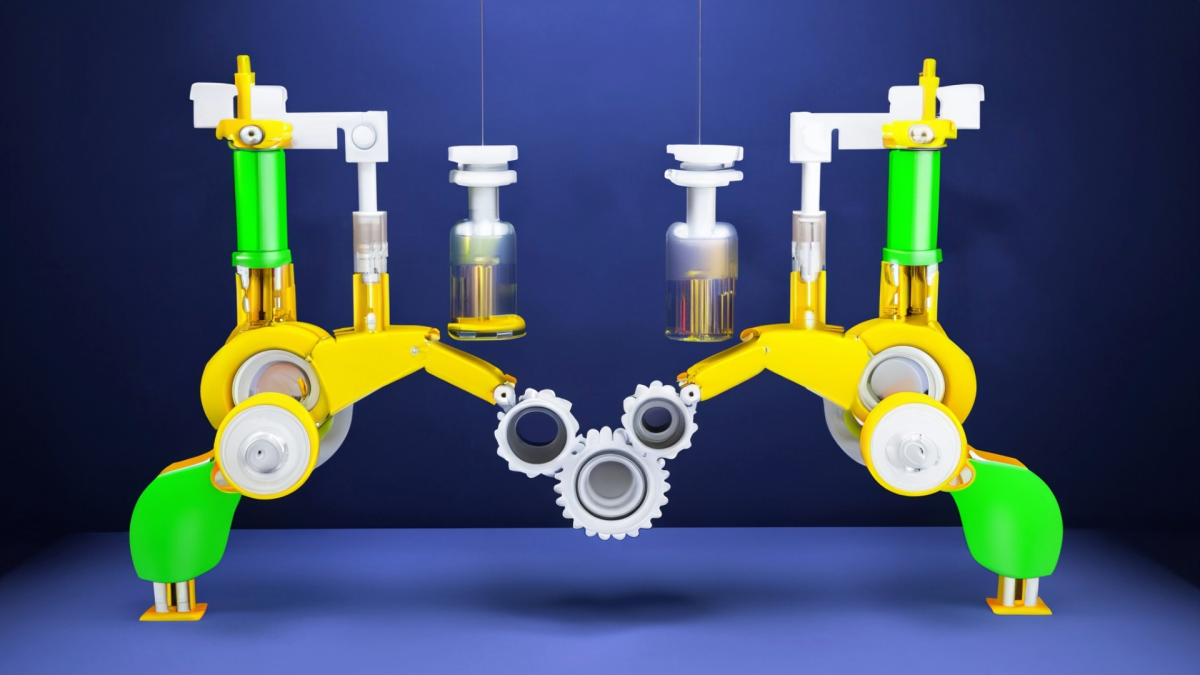
Grades:
6th Grade, 7th Grade, 8th Grade
Calling all engineers, artists, scientists, and crafters! Our MAKER FAIRE is a venue for our “makers” to show off your talents, innovations, and creative solutions! Join the Maker Movement! Students

Grades:
7th Grade, 8th Grade, 9th Grade, 10th Grade, 11th Grade, 12th Grade
Want to incorporate the Arts into your 7-12 STEM classroom? The Global Science Opera provides a way to do just that! Learn how to facilitate a STEAM collaboration with arts teachers to make it happen.

Grades:
4th Grade, 6th Grade
This project consists of the final part of a four-part unit for 4th and 6th-grade students exploring Arizona's science standards. Students will study how living things compete for energy and resources

Grades:
4th Grade, 6th Grade
This project is the third of four parts involving 4th—and 6th-grade students exploring Arizona's science standards. Students will learn about how human activities impact the environment, competition
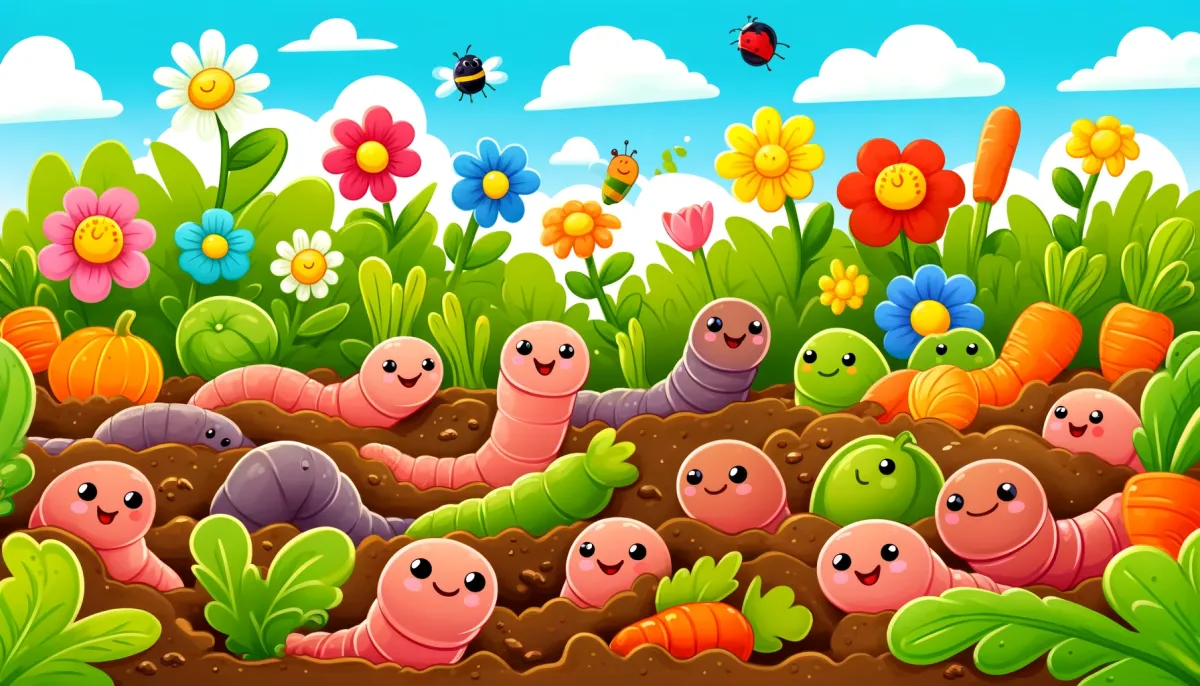
Grades:
Kindergarten, 1st Grade, 2nd Grade, 3rd Grade
This is a series of 4 lessons lasting 30 minutes each. This is the first of two slide decks of lessons focusing on worm inquiry and technology. The lessons in this slide deck use digital microscopes

Grades:
8th Grade
Investigate how red wigglers rebuild soil by processing food scraps and depositing their casts into the soil. Student groups will have their own worm bins to care for and they will gather data about
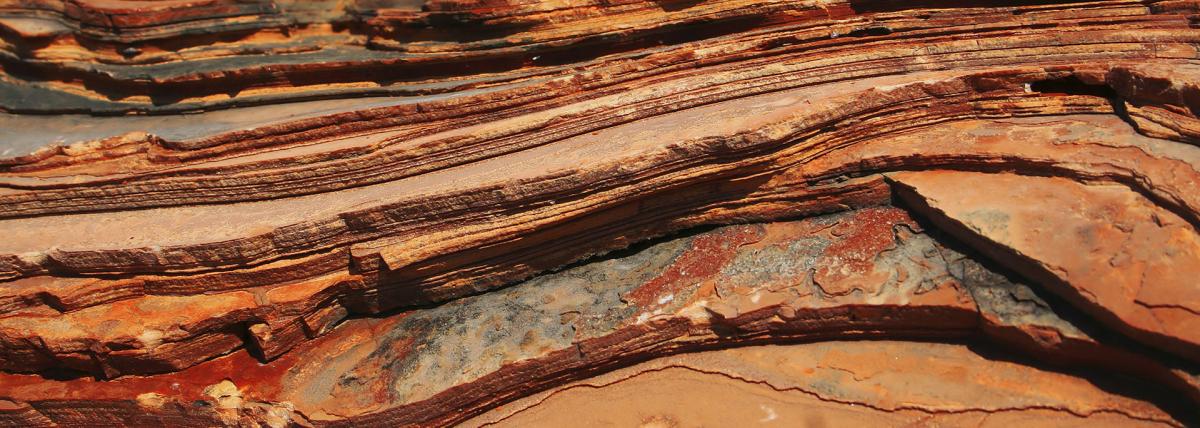
Grades:
9th Grade, 10th Grade
Students use Play-Doh to model deposition of rock layers and then folding and faulting. This is to help students understand relative ages of rock layers and introduces the ideas of the laws of
